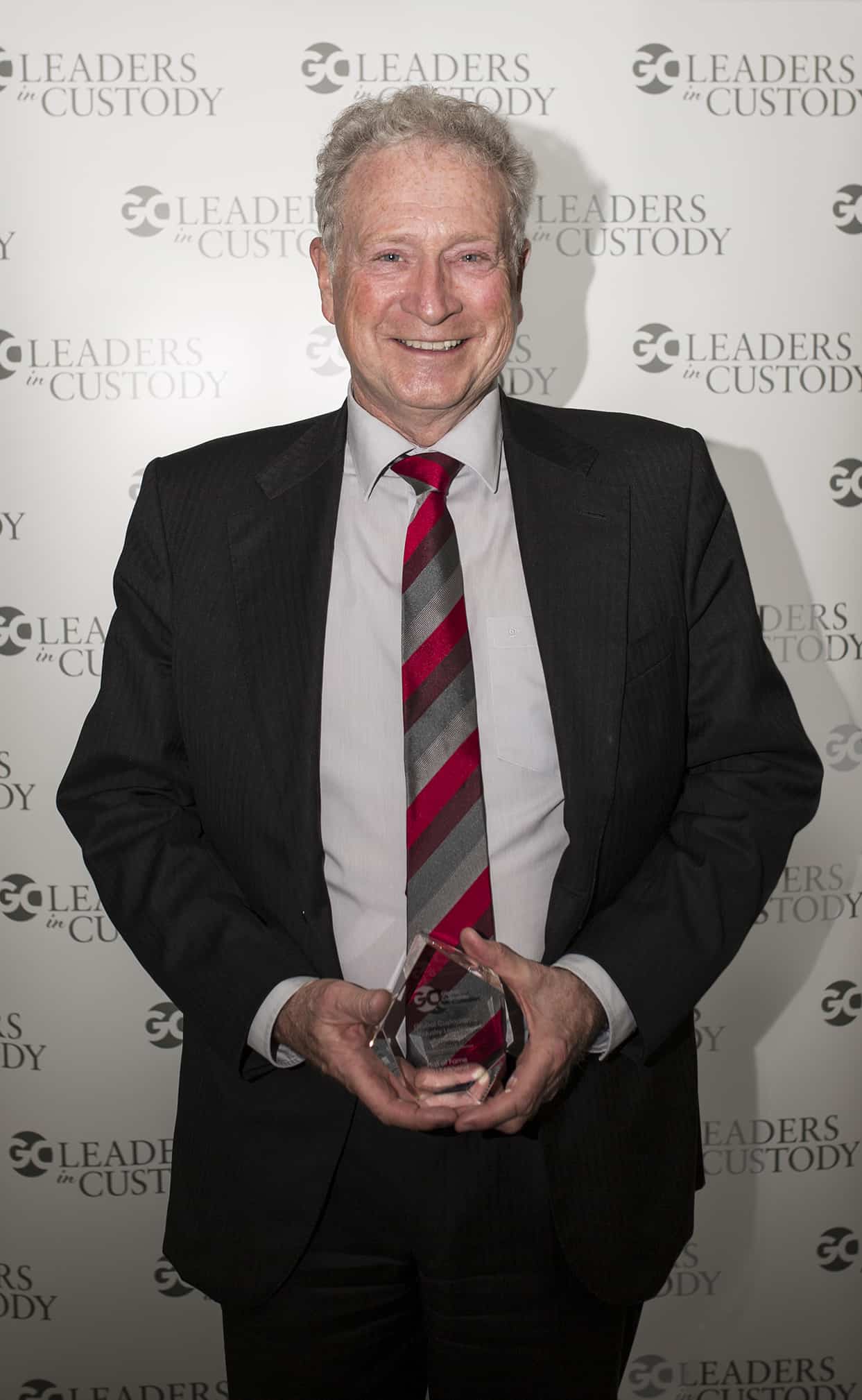How much of your working life have you spent in securities services?
I started in the securities department at UBS on my 21st birthday so I’ve effectively been in the same business all my working life! I tried to think about how many roles I’ve had over those 40-odd years and it turns out to be approximately 15, which explains why I never got bored. I believe I’m one of the few left who has really gone through all securities services functions operationally.
Was it by accident or intent that you ended up in this business area?
At the time I started out, it was not that easy to find a job. I thought it would be interesting when I was hired, but I must say that counting physical securities – my initial responsibility – was not the most interesting part of it.
Since then, in your view, what market or industry developments have posed the biggest operational challenges to UBS and its peers?
Already in the ‘old days’, we were going through tremendous changes, including the start of computerisation and desktop PCs. What makes today the most challenging time is that we are faced with a reduction in transactions on the one hand and an increase in regulation on the other, so we are forced to cut costs and at the same time invest more. That’s a challenge for everyone in the industry.
What are the kinds of things that make a day at work a good day or a terrible day?
Apart from win a new mandate, a good day is one where you’ve achieved something with the team and where you feel the support of your environment. That’s always a great day. Conversely, it’s always a great disappointment when you don’t get a mandate you’ve been working hard to win. However, a worse day is when you see someone with a personal issue that makes you realise there are important things in life outside of work.
You’ve spoken about changes from the days of manual processing to computers. What innovation to you feel has made the biggest visible improvement for your customers?
I think that would be the introduction of Straight Through Processing (STP) in the 1980s and 1990s, when volumes increased and manual work was reduced. I believe the industry as a whole really made an effort to find ways to improve our clients’ experience.Do you feel the industry has made any mistakes or taken any wrong turnings?
I do think there’s been insufficient financial appreciation for the work and responsibility involved in the provision of custody services. Custody services have always been sold too cheaply. As part of a whole package of services, it didn't get the recognition I believe it deserved. Network managers continue to push prices down and the sell-side has been prepared to reduce them. What this means is that as a business, we are not paid for what we are doing. Of course, there was a time in some markets when custody was a free service attached to brokerage so things are at least better than that.
For you personally, what do you see as your biggest success?
I’ve always enjoyed the business and tried to do my best in whatever role I had. I think I did that. I was always open for change. I grew up in Holland, moved to Switzerland and also spent some time in New York and have enjoyed living in different societies. It made me open to change. I’ve also had ample opportunity to interact with interesting people.
Do you have any interesting plans for your upcoming retirement?
I will be retiring at the end of May. There’s plenty I want to do that I haven't had the time to do. I also became a grandfather last December and my wife is involved in a range of social activities to which I can contribute things. I enjoy too travelling and have never been to South America, so that’s something else to look forward to. Above all, it’s important to remain healthy; that’s the most important thing.
New GC legends inductee: UBS' Ronald Akkermans
As he prepares for his retirement, UBS veteran Ronnie Akkermans reflects on a working life spent at one bank.
« Broadridge appoints industry veteran to investment management role
